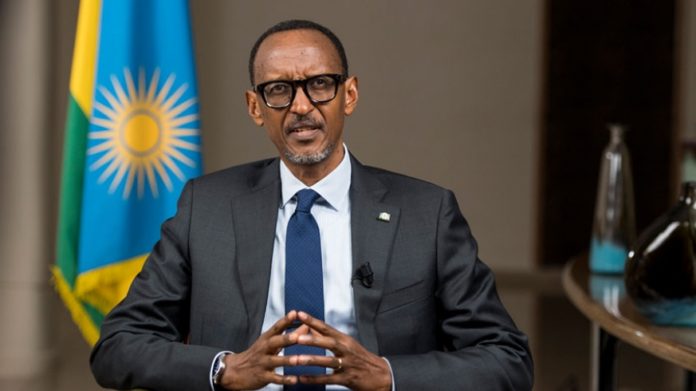
Responding to the news, Mohamed Adow, Director of Nairobi-based think tank Power Shift Africa, said: “It’s great to see the first African country stepping forward to submit a new climate plan as part of the Paris Agreement. What makes the Paris Agreement an effective tool for tackling climate change is this very act, the strengthening of climate action every 5 years.
Africa has done the least to cause the climate crisis and suffers from it the most. But it has a vital role to play in tackling it and other countries should take note of this leadership and follow suit.
“Rwanda is set to host a rescheduled Commonwealth Heads of Government Meeting and the leaders of fellow Commonwealth countries such as Boris Johnson, Justin Trudeau, Scott Morrison, and Jacinda Ardern should take heed and ensure their own new climate plans are equally radical.”
The Paris Agreement is an agreement within the United Nations Framework Convention on Climate Change (UNFCCC), dealing with greenhouse-gas-emissions mitigation, adaptation, signed in 2016 in France. The agreement was negotiated by representatives of 196 state parties at the 21st Conference of the Parties of the UNFCCC in Le Bourget, in France, and adopted by consensus on 12 December 2015.














